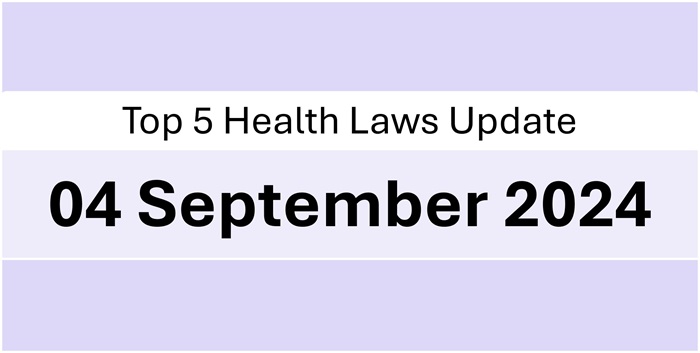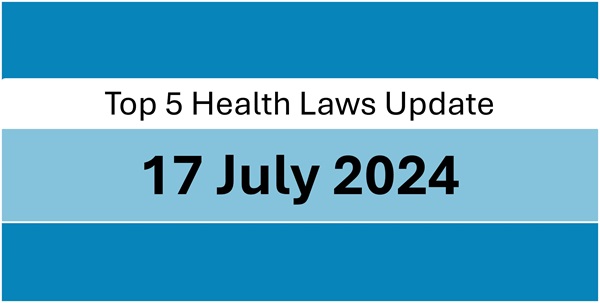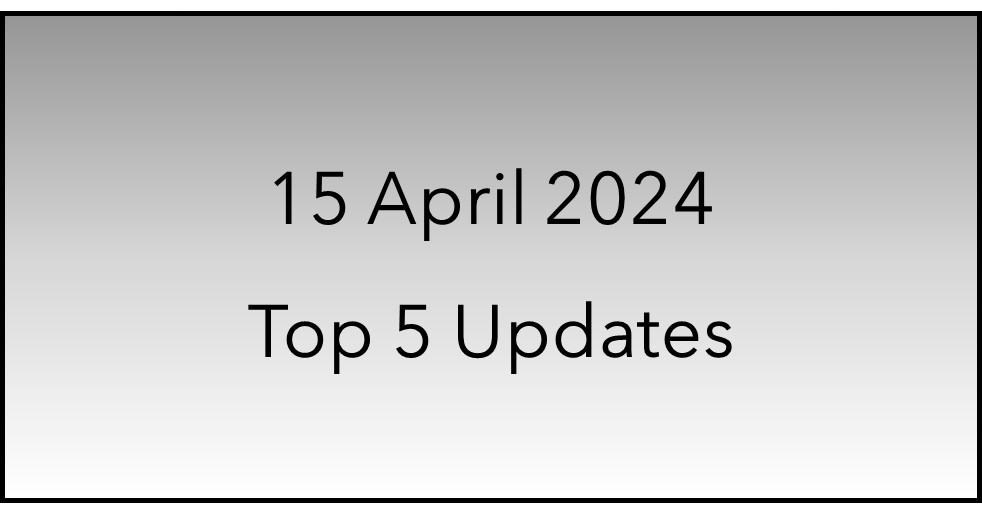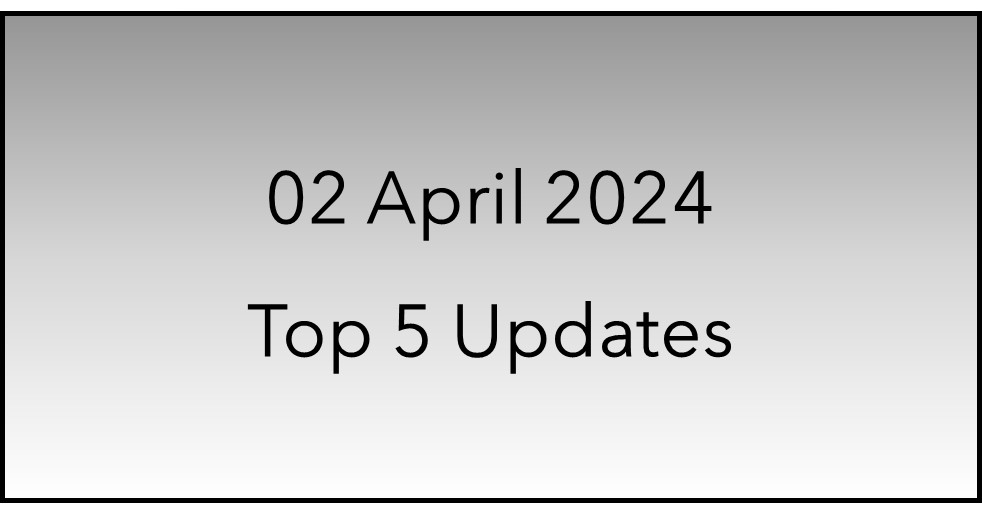Dear Reader, We are happy to share the most interesting legal and policy updates concerning health industry that we read today. We hope you enjoy reading it.
Supreme Court of India pulls up State Licensing Authority for failing to take action against misleading advertisements by leading ayurvedic manufacturer
India’s Central Ayush Ministry recently filed an affidavit in the Supreme Court of India to explain the steps it has taken against a leading manufacturer of Ayurvedic products after receiving several complaints against the manufacturer for making false and derogatory claims against modern medicine. The affidavit states that no action has been taken in the past two years by the State Licensing Authority, despite several orders from the Supreme Court, Right to Information (RTI’s), and directives from the Prime Minister’s Office (PMO). The Supreme Court has now asked the State Licensing Authority to issue its reply.
Source: bit.ly/4aDTxmc
Relaxation of penalties for certain offences involving drugs, medical devices and cosmetics to take effect from December 31, 2024
The Indian Government has decided to relax the penalties for offences relating to drugs, medical devices and cosmetics that are of the nature of violation of conditions of license or failure to label in the prescribed manner. These offences typically invited punishment of imprisonment and fine, but may now be compounded by the payment of a penalty both before or after institution of prosecution. The decision was notified under the Jan Vishwas (Amendment of Provisions) Act, 2023. The Government has now notified the date of coming into effect of the relaxation as December 31, 2024.
Source: bit.ly/3U0yhS4
Source: bit.ly/3THGUjd
Major technology company admits to collecting information from private browsing, agrees to destroy data as part of the settlement
A major technology company, known for operating a popular internet search engine, has agreed to destroy billions of data records to settle a lawsuit. The suit claimed that the search engine company was secretly tracking the internet use of people who thought that they were browsing privately. Under the settlement, the search engine will update disclosures about what it collects in “private” browsing and will also let the users block third party cookies for five years.
Source: bit.ly/3vIwHL9
Industry demands that US FDA should give prior notice before conducting remote regulatory assessments
The US Food and Drug Administration’s (USFDA’s) revised guidance for conducting remote regulatory assessments (RRAs) has received comments from the industry. A clear demand from the industry is that the US FDA should provide advance notice for mandatory assessments and discuss observations before taking any regulatory action.
Source: bit.ly/3xieXXJ
Written patient consent required for sensitive examinations on anesthetized patients in US
The United States Department of Health and Human Services has recently released a new guidance as per which hospitals have to mandatorily obtain written informed consent from anesthetized patients for breast, pelvic, prostate, and rectal exams performed on them for educational and training purposes. If hospitals do not obtain the explicit consent and violate the patient privacy rights, they may become ineligible for participation in the Medicare and Medicaid programs, as well as become liable for fines and investigations.
Source: bit.ly/3U1M8aX




